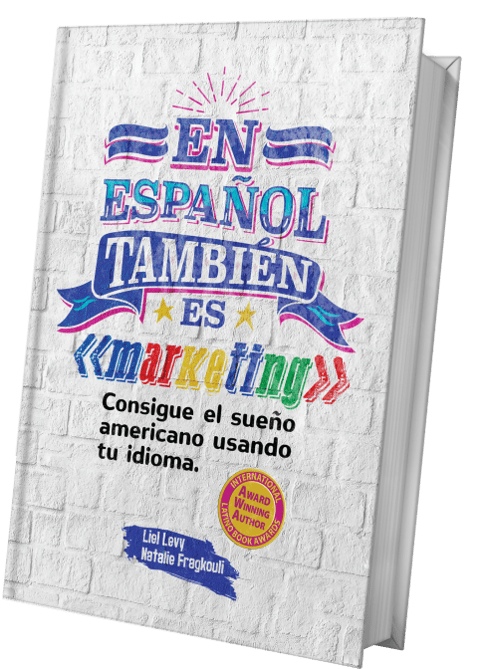Facebook Ads is a powerful tool for law firms and all companies, to drive traffic, conversions, and sales, but what happens when #Hitpauseonhate becomes viral?
In previous articles, we have explored Facebook Ads for law firms and their contribution to your success with digital marketing. Today, we won’t just cover additional options or tips on maximizing your performance on the Social Media Network, but we’ll dive into the #HitPauseOnHate initiative that is calling advertisers to boycott Facebook Ads in July. In this article, we’ll explain the background story that led us here, we’ll review the most prominent pros and cons of a Facebook Ads-free strategy, we’ll uncover the alternatives, and we’ll find out what are the potential benefits and risks of continuing with Facebook Ads during July.
- Let’s begin with the backstory.
An initiative that raised public awareness about grey areas on Facebook called advertisers to stand against the Social Network that (according to their statement) allows “hate, bigotry, racism, antisemitism, and violence”. What #StopHateForProfit supports is that Facebook has allowed known nationalistic publications to become “trusted news sources”, closed its eyes on voter suppression, didn’t protect and support Black users, and isn’t doing enough to stand against hate. On June 17, they asked companies (with a focus on big corporations) to stand by the initiative and act against disinformation by pausing their Facebook Ads campaigns during July.
Major corporations have openly supported the cause and committed to pausing their Facebook Ads for July. Among them, you’ll find the apparel and footwear giant Adidas, the beverages behemoth Coca-Cola, Starbucks, Viber, and so many more large corporations and smaller businesses, including some law firms. You can review the full list of #stophateforprogit here.
Remember that Instagram is also part of Facebook, and the initiative includes pausing Ads there.
Here you can find examples of what caused the unrest.
No matter what your point of view is on the subject, you have to get informed before making a decision to boycott or not, knowing the pros and cons of each path.
Please note that we don’t want to guide you towards one or the other; we are supporters of multiculturalism, equal rights, and no hate. In this article, we are approaching the subject from a marketing perspective.
- Approach No.1, join the cause, and pause your paid activity on Facebook.
The first and most obvious reason to go for it is if you are a firm believer of the cause and you want to show your support in practice, and not in words. Next to that lies your local community and their beliefs. If you notice that it’s among the talks of the town, then joining the protest could be a good idea for your public relations and brand image.
Tip No. 1: Stopping your paid activity on Facebook doesn’t mean that you have to silo your law firm and stop your organic posts. Now it’s even more crucial to work on your organic social presence, get in touch with your community, and potentially join other protest supporters.
Tip No. 2: Use your decision as a tool for community outreach and public relations. If you decide to walk the talk, let your local audience know. You might be impressed with how positively they might view you, boosting your brand awareness within the community. You can add a section on your website, add a post on GMB, and promote it on your other social media.
Tip No. 3: Look at the alternatives. Facebook Ads are ideal for remarketing/retargeting purposes; they can help you sign new cases with a relatively lower CPA, and boost your brand awareness. Here are our tips for each purpose:
- Allocate your budget to the Google Display Network. Banner Ads for law firms can help you subsite Facebook for your remarketing and retargeting needs, while you can retain the relatively lower CPAs.
- Use YoutTube, mainly non-skippable instream, and bumper ads. YouTube Ads can help attorneys raise brand awareness within their local community. The good news is that you don’t need to invest substantial amounts for video production (if you can it’s a bonus), as Google offers the Video Builder tool that allows you to create short videos for your law firm.
- Explore other social networks. In the past, we talked about Tik Tok and if it’s the new social media for attorneys. There are several success stories that you can get inspiration from. Tik Tok is especially powerful with GenZ, but stay alert as they are looking for original and entertaining content. Additionally, you can look into twitter advertising. In general, it’s considered a network that can backfire, but with the proper messaging (such as your support to the cause) and setup, it can help you raise brand awareness.
- Concentrate on the search network and increase your Google Ads budget. That way, you can potentially target new keywords, or even start a campaign for a practice area that you didn’t invest in before. If, for example, you are an attorney who handles PI and WC, but so far have invested in Google Ads only for PI, you can explore the possibility of Google Ads for Workers Compensation.
- Approach No.2, keep your Facebook Ads active.
This isn’t an approach to be judged on. If you invest in Facebook Ads, and you don’t want to risk missing out on opportunities, you can keep them active. On the positive side, you might see a decrease in competition, which can potentially lead to reduced costs and more conversions for your law firm. On the other hand, you have to stay alert and be careful on how you approach it. If your community actively encourages the protest, you might want to reconsider your approach.
Tip: Monitor your local audiences. If the reactions are absent or mild, keeping your Facebook Ads active could prove to be beneficial for your law firm’s digital marketing campaigns.
Conclusion
Facebook Ads is a powerful tool that can help law firms attract new cases with a relatively lower CPA, mainly through retargeting and remarketing. It’s also very effective for brand awareness purposes. Lately, though, a viral wave of criticism has surfaced, making numerous large corporations or SMBs hit pause on their paid Facebook strategy. No matter if you are supporting one or the other, you have to make an informed decision. Pay attention to your local singularities and the preferences of your community, plan, and act accordingly. If you have any questions or need assistance, don’t hesitate to contact us.



